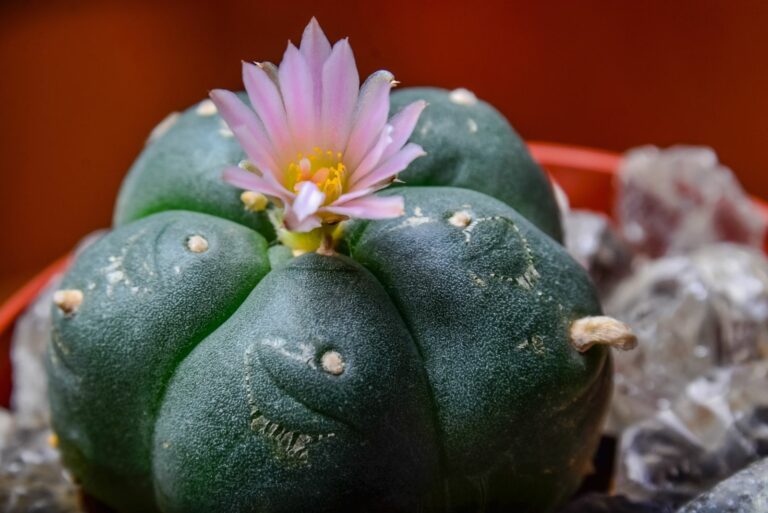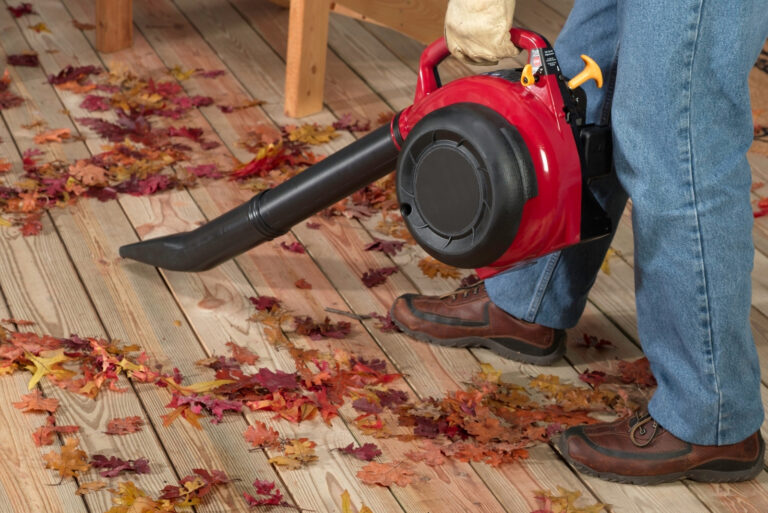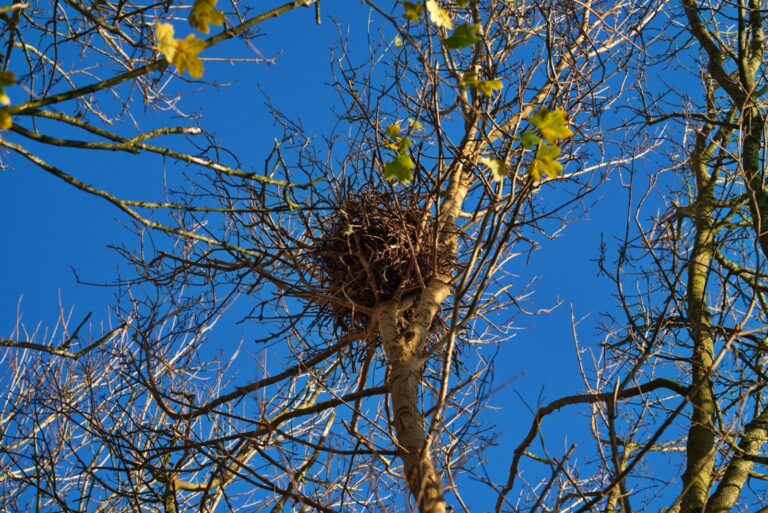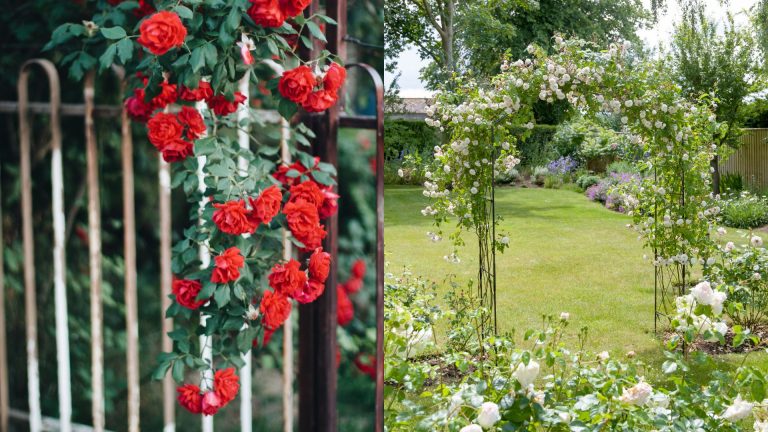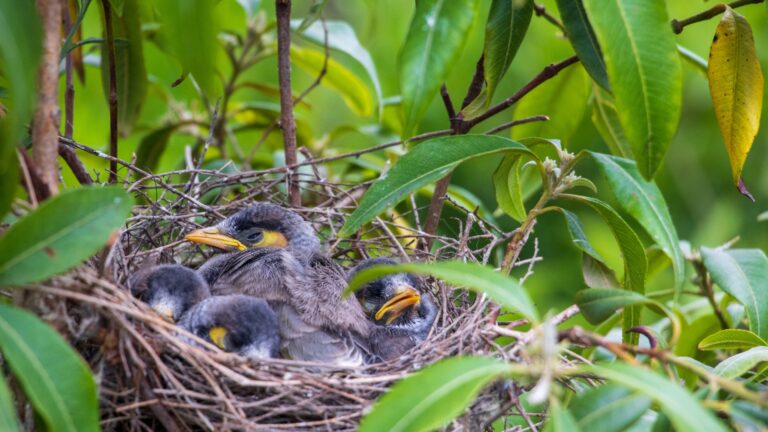Are You Legally Responsible For Your Neighbor’s Leaves In Georgia
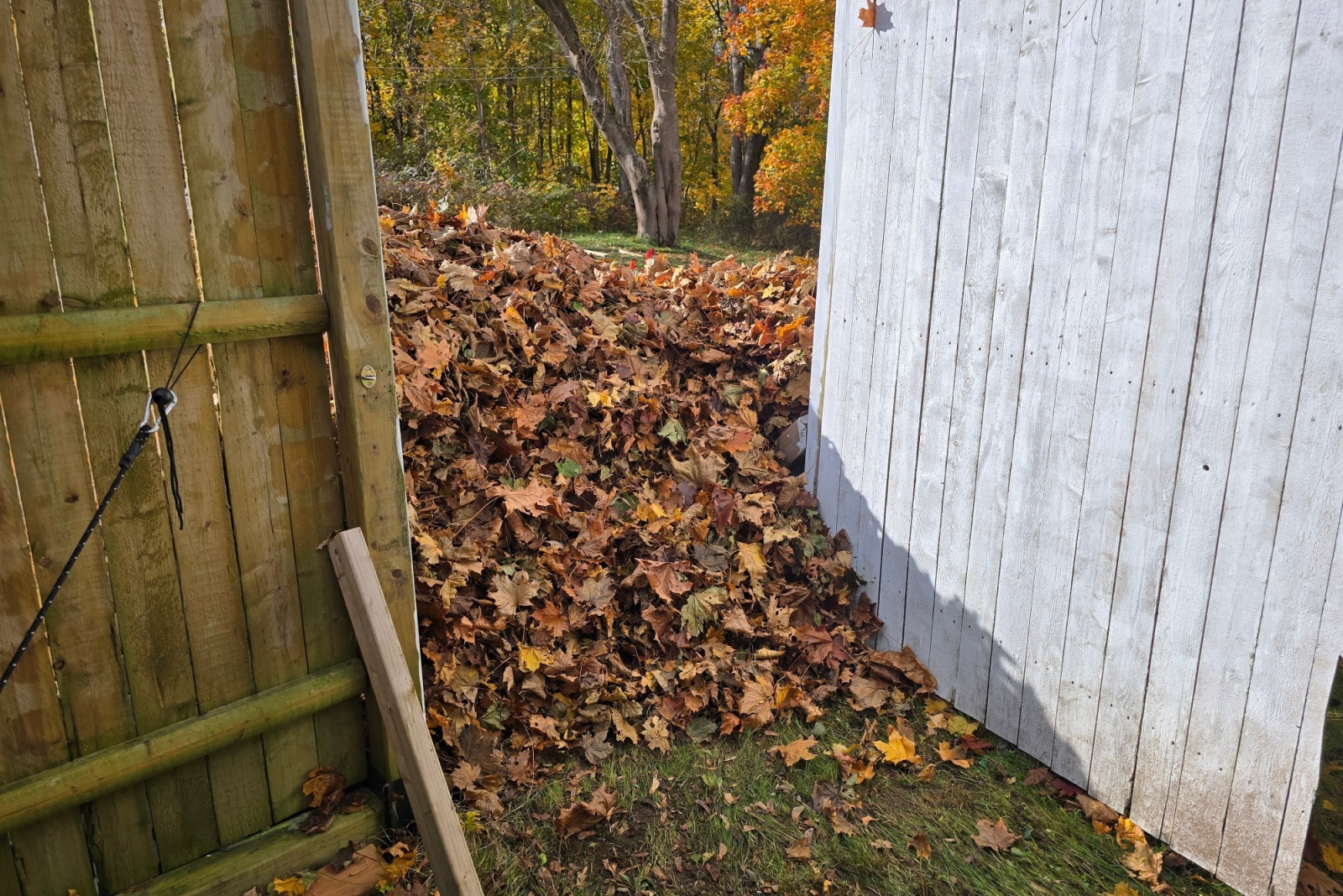
It happens every fall in Georgia—the air turns crisp, the trees put on a show, and before long, your yard looks like it’s hosting a leaf festival you never signed up for. The trouble is, most of those leaves blew in from next door.
So who’s really on the hook for cleaning them up? Before you start raking—or pointing fingers—it helps to know what Georgia law says about those wandering fall leaves.
1. Georgia Follows The Natural Condition Rule
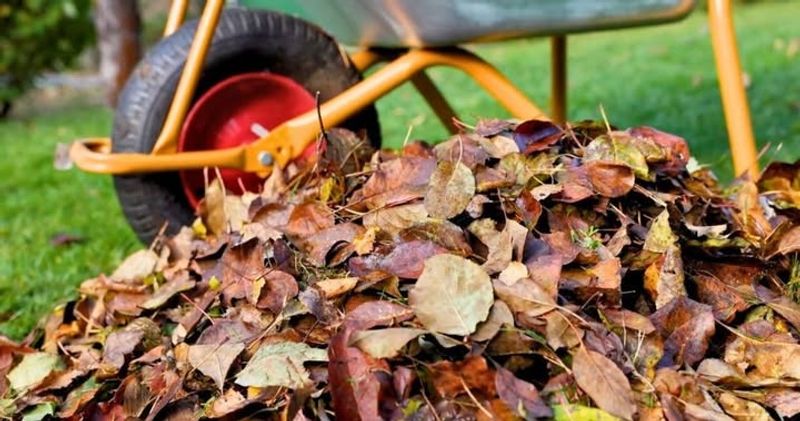
Georgia law treats falling leaves as a natural occurrence, which means you’re generally responsible for cleaning up leaves that land on your property, even if they come from your neighbor’s trees. Property owners must maintain their own yards regardless of where the debris originates.
Think of it like rain or snow—nature doesn’t respect property lines. Courts typically don’t hold neighbors liable for seasonal leaf fall because trees are considered part of the natural environment, not a nuisance created by human action.
2. You Can’t Force Your Neighbor To Rake
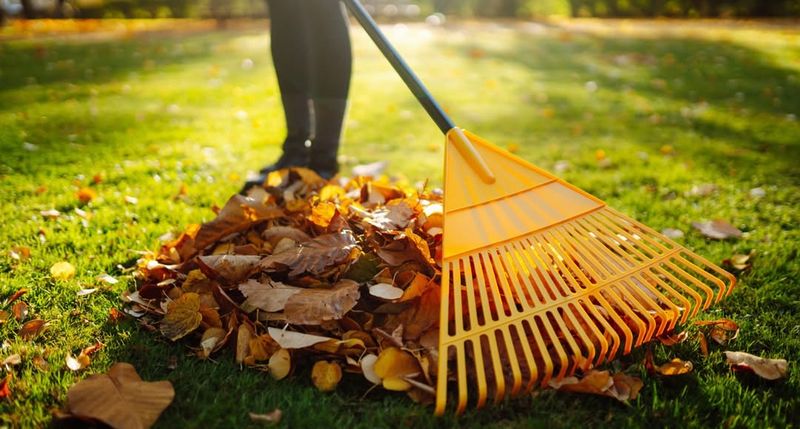
Even when your neighbor’s massive oak tree drops thousands of leaves into your yard every fall, you can’t legally require them to clean up your property. Georgia law places the cleanup responsibility squarely on the property where the leaves land, not where the tree grows.
Your neighbor isn’t obligated to trim branches that hang over the fence either, though they might agree to it as a courtesy. Building positive relationships often works better than legal threats when dealing with leaf problems between properties.
3. Damage From Neglected Trees Changes Everything
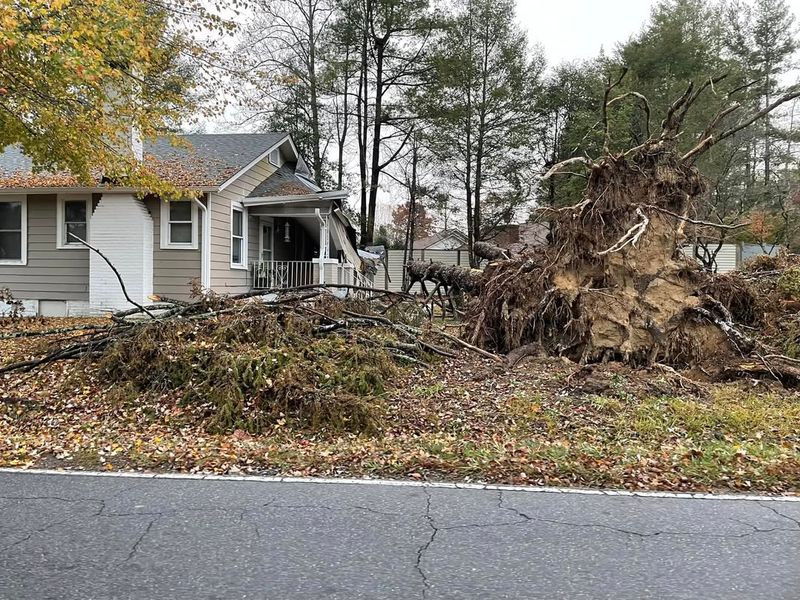
While falling leaves are your problem, actual damage from a neighbor’s poorly maintained tree is a different story. If a dead or diseased tree causes harm to your property—like clogging gutters that lead to water damage—your neighbor could be held liable for negligence.
Documentation becomes critical in these situations. Take photos of the problematic tree, damage to your home, and any communication with your neighbor. Georgia courts may side with you if you can prove the neighbor knew about the hazard and failed to address it properly.
4. Local Ordinances Might Offer Additional Protection
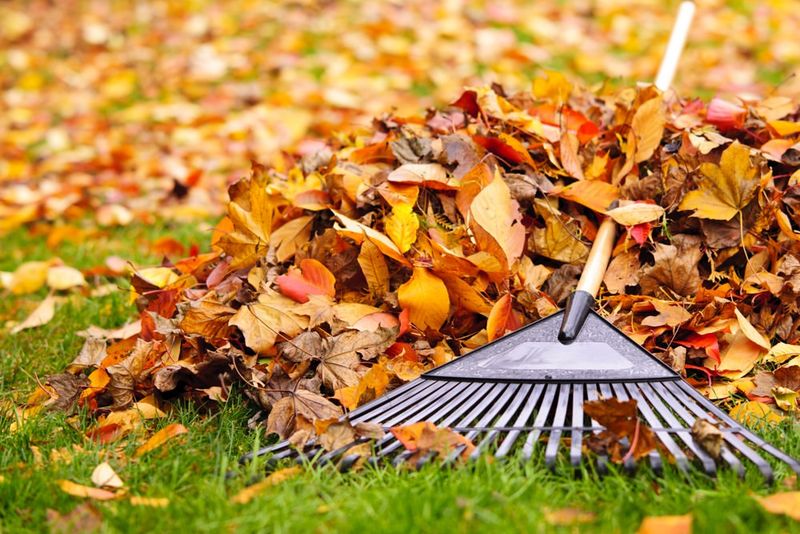
Some Georgia cities and counties have specific rules about tree maintenance and yard upkeep that go beyond state law. Atlanta, for example, has ordinances requiring property owners to prevent vegetation from becoming a public nuisance or health hazard.
Check with your local code enforcement office to learn what regulations apply in your area. Certain municipalities might require neighbors to maintain trees that pose risks or create excessive debris. Homeowner associations often have even stricter rules about landscape maintenance and shared property boundaries.
5. You Have The Right To Trim Overhanging Branches
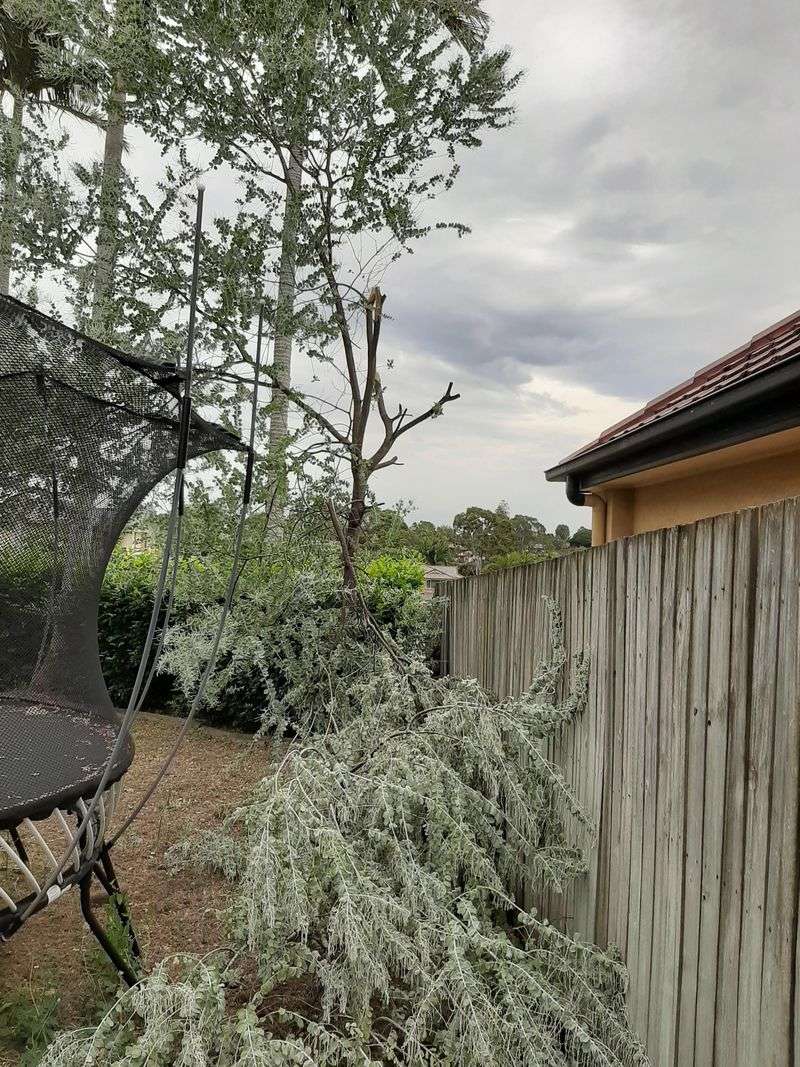
Georgia law gives you the right to trim branches and roots that cross onto your property, as long as you don’t damage the tree’s health or trespass on your neighbor’s land. This self-help remedy can reduce the number of leaves falling into your yard each season.
Hire a professional arborist to ensure proper trimming techniques that won’t harm the tree. You’re responsible for any damage caused by improper cutting, and your neighbor could sue for the tree’s diminished value. Always trim only up to the property line, never beyond it.
6. Communication Prevents Most Neighbor Disputes
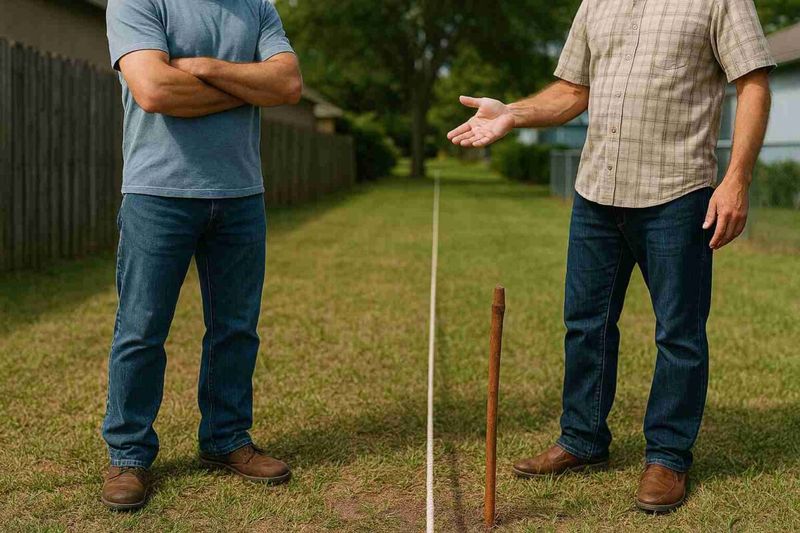
Most leaf conflicts get resolved through friendly conversation rather than legal action. Approach your neighbor politely, explain your concerns, and suggest solutions like sharing cleanup costs or planting different trees that shed less.
Many neighbors don’t realize their trees are causing problems until someone mentions it. Offering to help with yard work or splitting the cost of tree trimming often leads to compromise. Mediation services are available if direct communication fails, helping both parties reach agreements without expensive court battles over fallen leaves.

